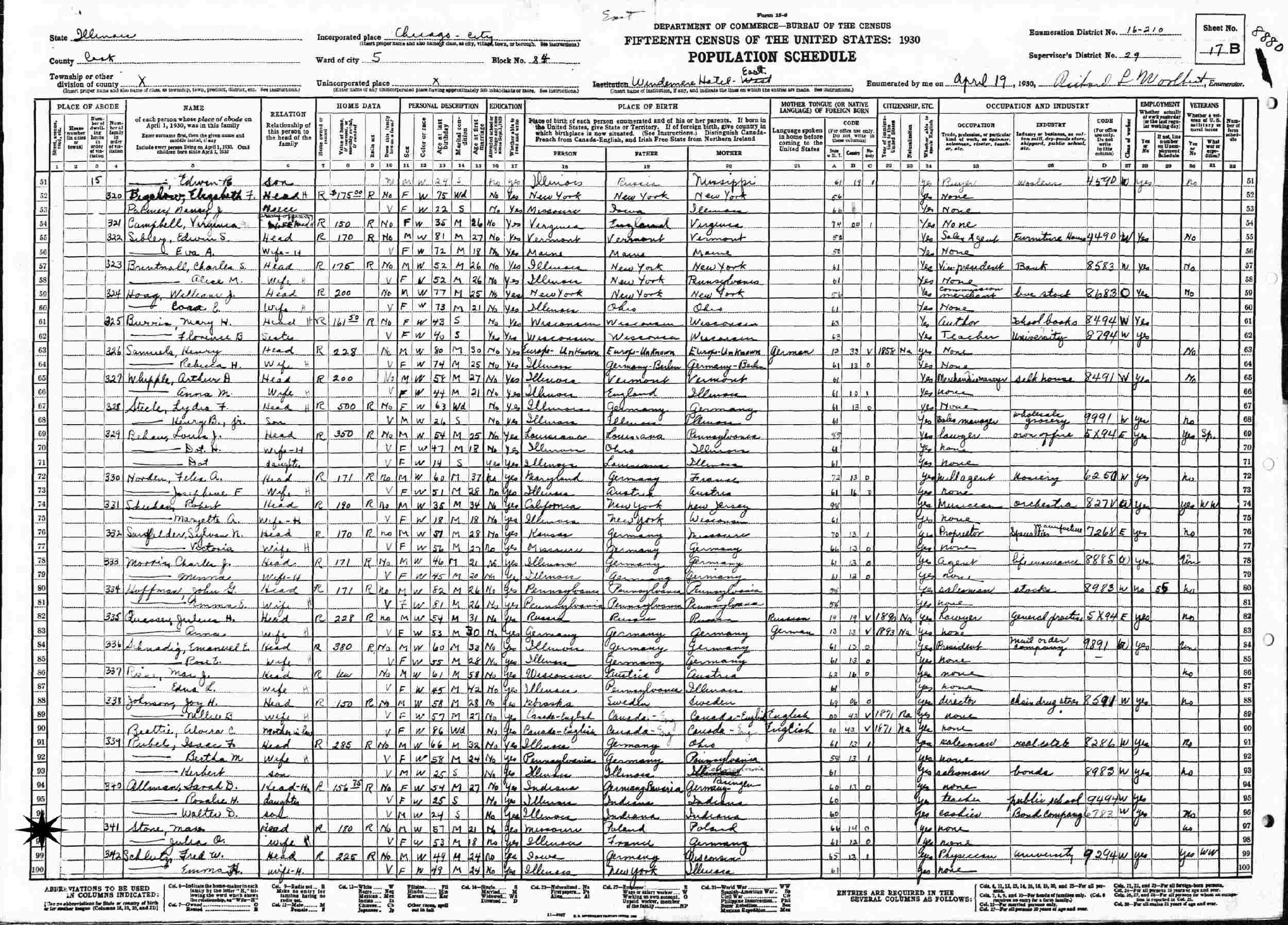
From this vantage point, we find that black population trends in Chicago are associated with trends in levels of racial inequality, as indicated by racial disparities in unemployment and wages," according to "Between the Great Migration and Growing Exodus: The Future of Black Chicago" by the Institute for Research on Race and Public Policy at UIC. "Taking the long view helps us to see the more recent patterns as part of a long and evolving history. By 2016, Chicago's black population had decreased by 350,000 from its peak level of nearly 1.2 million in 1980. In 1980, decades of black population growth in Chicago stopped and reversed.

And despite more attention being paid to black population decline in recent years, the report notes that the trend is a long-standing one. Instead of a mass reverse migration to the south, the report found that when black movers leave Chicago, they're more likely to stay in the region - with many relocating to surrounding counties in Illinois and northern Indiana. Instead it finds a much more complicated story: black population trends in Chicago are strongly correlated to racial inequities in the city - and the pattern goes back decades. Among the narratives offered by some have been: black residents leave because of violence they are embarking on a reverse migration to the South and they're being pushed out.Ī new report from the University of Illinois at Chicago busts some of those myths.

The story of black Chicagoans leaving the city is largely mired in speculation and sometimes makes for grand political theater. The two South Side neighborhoods have suffered the largest losses of black population in the city since 1990, a combined total of nearly 50,000 residents, shows a new report by the University of Illinois at Chicago. Residents from Englewood and West Englewood attend a January 2019 Chicago mayoral candidates forum.


 0 kommentar(er)
0 kommentar(er)
